Your Journey
An individualized, effective and positive approach to therapy
At My Deaf Therapy, we believe you can go beyond survival. Self-care and advocating for our own interests are necessary skills, and they help us show up for others in a way that is sustainable and authentic. We are here to help you create boundaries that will help you live more fully.
Our clients often share a welcoming sense of relief from self-disclosure, where they may finally unmask the tired facades they carry and challenge the unwieldy burdens they shoulder. In this moment, a caring, non-judgmental, and experienced psychotherapist could not make for a better ally.
At My Deaf Therapy, we offer individual, couples, family, children, adolescents, adults and seniors with support related to:
Anxiety
Anxiety is the body's internal security system designed to protect you from harm. However, when this system runs amok, or is in overdrive the experience can be distressing and disabling.
Addiction
Compulsive behaviors that continue in spite of the harm caused to the self, relationships, and others.
ADHD/ADD
ADHD/ADD is a brain-based disorder causing a person to be persistently fidgety, talkative, intrusive and/or inattentive.
Anger Management
When your anger escalates in disruptive ways that you cannot control, you may be putting yourself at risk of losing those you care the most about.
PTSD/Trauma
There are many kinds of traumatizing events that can develop into PTSD. The physiological response experienced in relation to trauma is the body’s way of trying to protect itself from harm.
Impulse Control
When intense emotions such as anger, excitement, or frustration cause you to react or act out in ways that are disruptive, alienating, or harmful you or your child may be dealing with impulse control issues.
Depression/Mood
When you can't seem to "shake" your blues, persistently feel empty inside, or often find yourself in an irritable mood for seemingly no reason you may be suffering from a form of depression.
Behavior Therapy
Behavior issues are outward displays of emotions through acting out behaviors that are considered disruptive or harmful to the self or others requiring intervention.
LGBTQIA+
Homophobia, transphobia, and heterosexism that permeate society have the potential for negative lasting effects on mental health.
Life Transitions
Transitions in life are often stressful on a person...for some, this change may have unravelled them.
Autism
The various presentations of those who are autistic have defied a uniform, consistent diagnostic profile. We take the time to carefully evaluate the clinical whole of a person.
Domestic Abuse
Abusers of all types erode a person's self-esteem and self-worth over time using a variety of tactics to gain and maintain mental and emotional control.
Eating Disorder/Body Image
Eating disorders are a complex interplay of biological, psychological, and sociocultural factors.
Stress Management
Learning to manage stress usually requires mind-body wellness approaches.
Narcissism
Through manipulation, detraction, and gaslighting narcissists manage to control those around them in an effort to hide their vulnerabilities, specifically their imperfections and deep-seated shame.
Codependency
Codependency is when a person attends to a partner’s dysfunctional needs to the extent that leads to a detrimental cost to one’s own psychological, emotional, and/or physical health.
Parenting Styles
Often incorporated as a part of family systems work, parents are empowered with ways to address problem behaviors. They learn to enforce age appropriate limits and rules using nurturing, responsive, and supportive approaches.
Relationship Therapy
Relationship or couples therapy focuses on the interplay of what each individual brings (or does not bring) to the relationship.
Self-Esteem
We all harbor internalized thoughts related to our self-worth. If these thoughts are mostly negative and devaluing your self-esteem will be low. People with positive thoughts of self-value and liking have healthy self-esteem.
Oppositional Defiance
Your child may have oppositional defiant disorder if your child is persistently angry, irritable, argumentative, and/or displays defiant or vindictive behaviors.
Family Therapy
Each family member learns ways of communicating that facilitate conflict resolution, validation of feelings, and lead to an understanding and appreciation of one another.
Post Partum Depression
For some, the sudden shift in hormones after giving birth can bring about symptoms of clinical depression or anxiety.
Grief/Bereavement
Grief is a natural, painful emotional reaction to the experience of some type of loss such as the death of a loved one or learning you or someone you care for has been diagnosed with a terminal illness.
Personality Disorders
People with personality disorders interact with others in dysfunctional and inflexible ways, which hinder the ability to develop healthy relationships.
Need Urgent Help?
Sometimes we need HELP now. If this is an emergency requiring immediate mental health assistance, please call 988.
For crisis help, we have provided you with some resources to assist you.

